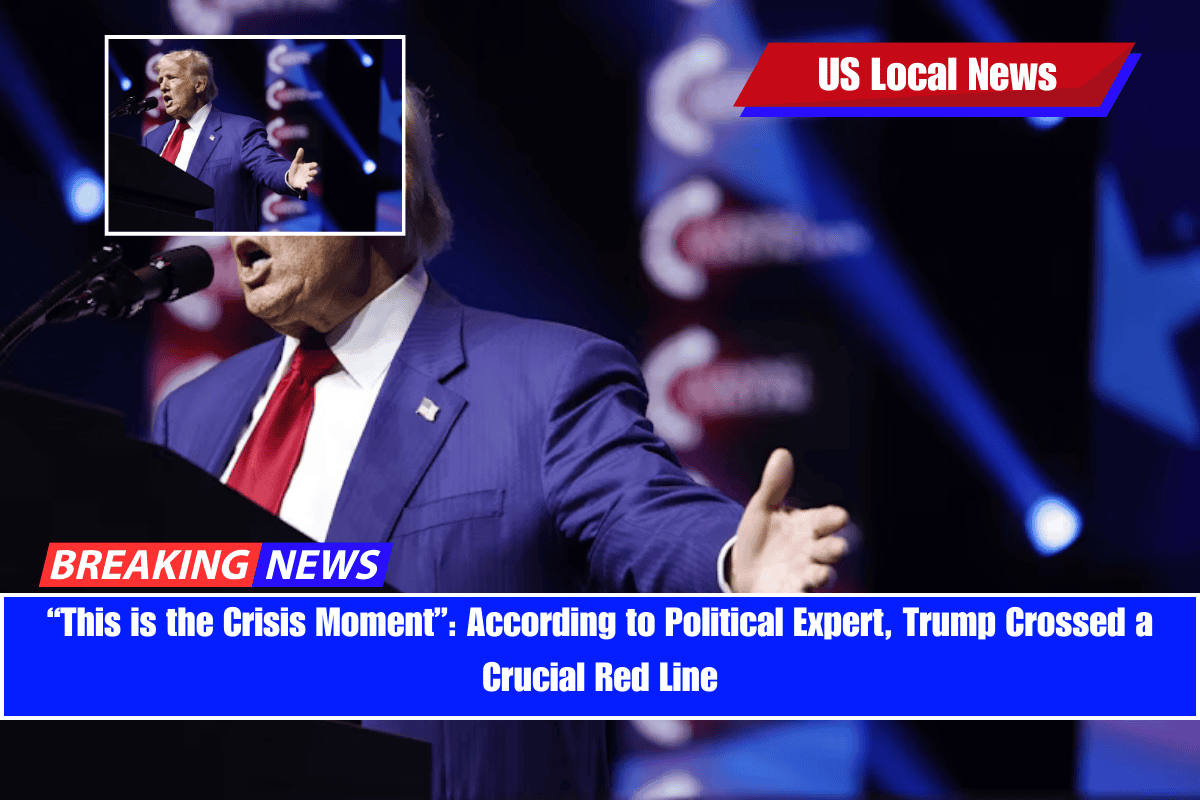Jacob Levy, Tomlinson Professor of Political Theory at McGill University, has raised alarms over the Kilmar Ábrego García deportation case, calling it a “crisis moment” for U.S. constitutional protections.
García, a Maryland man accused of being a member of the MS-13 gang, was wrongfully deported to El Salvador by the U.S. government, despite a U.S. judge ruling that his deportation should not happen.
In a Blue Sky thread discussing the case, Levy expressed grave concerns about the administration’s actions, which he believes are setting dangerous precedents for habeas corpus rights and the U.S. legal system.
Deportation of Kilmar Ábrego García
In March 2025, García, who had protected status in the U.S., was deported to El Salvador under claims that he was involved with the MS-13 gang. This move was carried out despite a U.S. court ruling that had explicitly prohibited the deportation, citing concerns about García’s safety in El Salvador.
However, the Trump administration proceeded with the deportation, labeling García and others as dangerous criminals. Last week, the U.S. Supreme Court intervened and ordered the government to facilitate García’s return to the United States. This court order has triggered further debate, especially regarding the government’s ability to bypass judicial decisions.
Crisis Moment and Constitutional Concerns
Levy called the García case a “crisis moment” in the ongoing debate about the Trump administration’s actions, especially in the context of constitutional rights.
Levy argued that the case represents a fundamental challenge to habeas corpus, which protects individuals from unlawful detention and guarantees access to legal recourse.
He warned that the current administration’s actions may establish a new rule that allows U.S. citizens and residents to be removed or detained without legal protections, even in the face of court orders.
Levy’s concerns were amplified when President Trump discussed the case during a press conference with El Salvador’s President Nayib Bukele.
Trump deferred the matter to Attorney General Pam Bondi, who stated she would facilitate García’s return by ensuring a plane was available.
However, Bukele responded by saying he would not release a terrorist to the U.S., highlighting the strained diplomatic relations between the U.S. and El Salvador.
Legal Precedents and the Ozturk Case
Levy also pointed to the Ozturk case, where Rumeysa Ozturk, a Tufts University student, was detained by ICE after co-authoring an op-ed critical of Israel’s actions in Gaza.
The American Civil Liberties Union (ACLU) argued that Ozturk was detained for her political speech, raising further questions about First Amendment rights under the current administration.
Levy suggested that such cases demonstrate how the Trump administration is undermining constitutional protections by depriving individuals, including political dissidents, of their legal rights and access to courts.
Levy’s Warning: The Threat to Constitutionalism
Levy described these developments as a direct attack on constitutionalism in the U.S. He argued that the Trump administration is openly asserting the power to seize and imprison individuals, including U.S. citizens, without providing any legal recourse.
This, he said, represents a dangerous shift in U.S. legal practices and threatens the very foundation of American democracy.
Levy concluded that if the García case and others like it aren’t viewed as a crisis, then nothing would be. He emphasized that, within the first hundred days of the Trump administration, the U.S. government has asserted the power to imprison anyone, including citizens, without due process or judicial oversight.











Leave a Reply